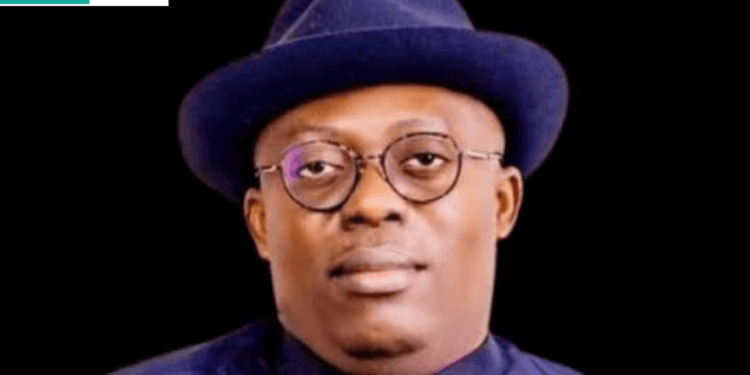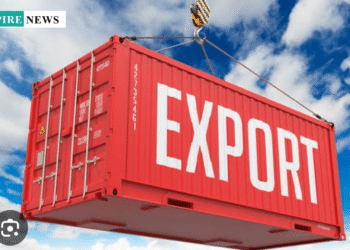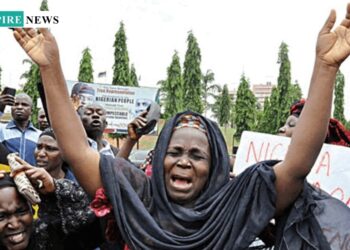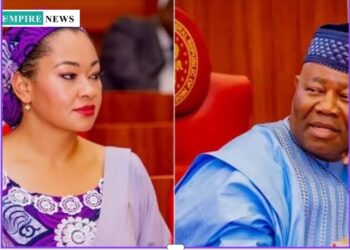It is worth starting this piece by stating the indelible words of Femi Falana, made in 2013, “there’s no provision of the
Nigerian constitution that allows the President to remove an elected official.” Indeed, this is the true position of the
constitution. However, recent political actions by politicians and public officials are threatening the progress of
Nigeria’s hard-won democracy.
The unconstitutional suspension of Governor Siminalayi Fubara of Rivers State, the Deputy Governor, Mrs. Ngozi Odu,
and the Rivers State House of Assembly, represents a grave threat to Nigerian democracy, setting a dangerous
precedent that, if allowed to stand, could erode the foundations of the nation’s democratic institutions. This action,
which disregards constitutional provisions, undermines the principles of separation of powers and the rule of law,
making it imperative for all stakeholders to resist and reverse it immediately.
At the heart of this unfolding crisis is the blatant disregard for the democratic process through which Governor
Fubara was elected. The Nigerian Constitution clearly outlines the process for removing or disciplining a sitting
governor, and any deviation from these procedures signifies an abuse of power. The suspension of a duly elected
governor by any entity without constitutional backing effectively nullifies the will of the people, who exercised their
franchise to choose their leader. This sets an alarming precedent where political machinations override the legitimate
electoral mandate, making future elections meaningless if elected officials can be arbitrarily removed without due process.
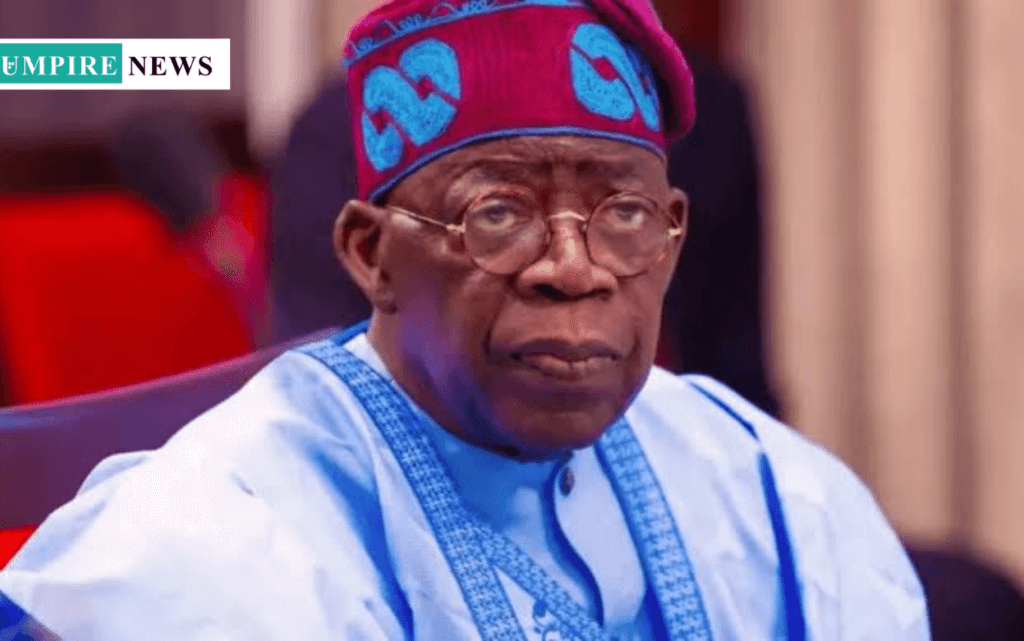
A key pillar of democracy is the principle of separation of powers, which ensures that the executive, legislative, and
judicial arms of government operate independently while maintaining checks and balances. The suspension of
Governor Fubara by President Bola Ahmed Tinubu, without adherence to constitutional protocols violates this
fundamental principle, indicating an overreach by forces seeking to control the governance of Rivers State through
extra-legal means. If this is allowed to persist, it signals to other political actors across Nigeria that power can be
wrested through unconstitutional means, bypassing the electorate and democratic institutions.
You may also like: Bola Tinubu Appoints Two New Permanent Secretaries
Further, this act encourages political instability, which could have long-term consequences for governance in Nigeria
and the Nigerian economy. The country has worked hard to strengthen its democratic institutions since returning to
civilian rule in 1999, and any unconstitutional disruption in the leadership of a state government weakens these
structures. The political crisis in Rivers State risks becoming a template for similar actions in other states, where
opposition figures or political rivals could orchestrate unconstitutional removals of elected officials, plunging the
country into perpetual political chaos via unsubstantiated pretext.
This suspension could embolden non-democratic forces within the system. If political actors perceive that
democratic structures can be subverted without consequences, there is a higher likelihood that future disputes will be
settled through illegitimate means rather than through constitutional and legal frameworks. This could lead to the
proliferation of totalitarian tendencies where the rule of law is secondary to political expediency, a scenario that
threatens the very essence of Nigeria’s democracy.
The international community, which closely monitors Nigeria’s democratic progress, would likely interpret this action
as a regression into undemocratic governance. Over the years, Nigeria has positioned itself as a beacon of the largest
democracy in Africa, influencing democratic transitions across the continent. A violation of constitutional principles
at this level damages the country’s credibility and could discourage foreign investment, as political instability creates
an uncertain business environment. Investors and international partners rely on political stability and adherence to
the rule of law, and any deviation from these norms affects Nigeria’s economic and diplomatic standing.
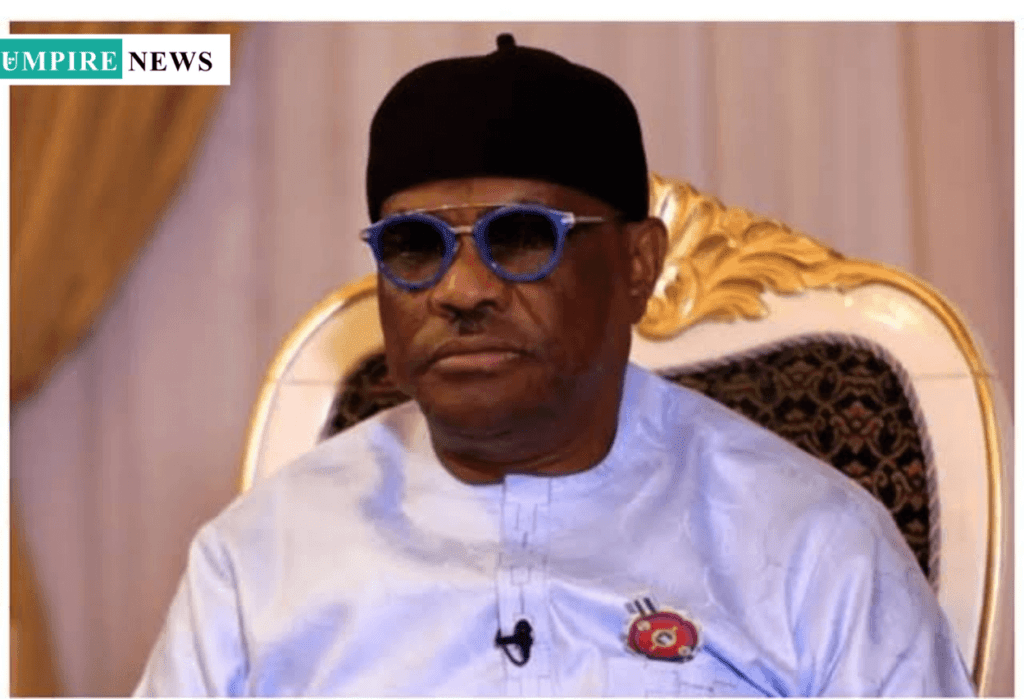
The judiciary, as the guardian of constitutionalism, has a crucial role to play in rectifying this anomaly. It must reaffirm its independence by ensuring that justice prevails and that constitutional provisions are upheld. The courts must take
swift action to overturn this unconstitutional aberration and reinforce the supremacy of the Constitution over political
maneuvering. A failure to do so would erode public confidence in the judiciary and embolden those who seek to use
extrajudicial means to settle political disputes. And such unscrupulous characters are not in short supply in Nigeria’s political sphere.
Beyond the legal implications, this crisis has social and security ramifications. Rivers State, being a strategic
economic hub due to its oil wealth and commercial activities, cannot afford prolonged political instability. The
suspension of a sitting governor without legal backing has the potential to ignite protests, civil unrest, and political
violence, further exacerbating existing security challenges in the region. If citizens feel disenfranchised and perceive
that their votes no longer matter, they may resort to extrajudicial means to express their grievances, thereby
endangering peace and stability. By this fact, the illegal action of suspending a duly elected governor, is a subtle
invitation of anarchy in Rivers State. This is what the presidency should not represent.
Political actors, particularly those involved in orchestrating this unconstitutional move, must recognize the far-
reaching consequences of their actions. Nigerian democracy has evolved through the sacrifices of many, and it must
not be jeopardized for short-term political gains in appeasement of of a disgruntled political godfather. The principle
of democratic governance requires that disputes be settled through lawful channels, and any grievances against
Governor Fubara should be addressed through constitutional means, not through arbitrary illegal suspensions.
The legislative arm of government, both at the state and national levels, must also rise to its responsibility by rejecting
any move that undermines democratic principles. It is rather unconscionable to read the overt support of this grave
illegality by the some members of the Rivers State House of Assembly. Lawmakers are representatives of the people,
and they must act in the interest of their constituents by ensuring that the Constitution is not subverted. The National
Assembly, in particular, should take a firm stance against unconstitutional actions in any state, as allowing such a
precedent to stand could have dire consequences for Nigeria’s democratic system as a whole. The National
Assembly need to have a a rethink on its erroneous stance in subverting the will of the people of Rivers by throwing
its standing rules and the Nigerian constitution to the wind to validate a dire constitutional illegality by the President. This is pure double jeopardy for Nigeria and its democracy, if left unchecked.
Civil society organizations, legal practitioners, and pro-democracy groups must also intensify efforts to resist this
unconstitutional act. Their role in advocating for democratic values and holding government accountable is critical in
ensuring that Nigeria does not slide into an era of impunity. Mass mobilization, legal challenges, and sustained advocacy are necessary to reverse this injustice and reinforce the supremacy of the Constitution.
You may also like: Rivers Sole Administrator Welcomes Fubara’s Support Group
Nigeria’s history is replete with instances where democracy has been threatened, but the resilience of the people has
always prevailed. The unconstitutional suspension of Governor Fubara, his deputy, and the Rivers House of Assembly,
is yet another test of the nation’s commitment to democratic governance. It is imperative that all democratic forces
unite to demand the immediate reversal of this illegal action, ensuring that due process is followed in all political engagements.
The Nigerian Constitution remains the supreme law of the land, and any deviation from its provisions weakens the
democratic fabric of the nation. Governor Siminalayi Fubara was elected by the people of Rivers State, and only
through constitutional processes can his tenure be altered. The suspension must therefore be seen for what it is—an
affront to democracy—and must be reversed immediately to safeguard the nation’s democratic integrity.
Allowing this unconstitutional act to stand will embolden those who seek to circumvent due process for political gain, creating a ripple effect that could destabilize the entire country. Nigeria must learn from history and take proactive
steps to prevent such dangerous precedents from taking root. The collective effort of the judiciary, legislature, civil society, and the citizenry is needed to ensure that democracy is not hijacked by political expediency.
The unconstitutional suspension of Governor Siminalayi Fubara of Rivers State is a direct assault on Nigeria’s
democratic values. It sets a precedent that, if left unchecked, could pave the way for the unlawful removal of elected
officials across the country, undermining the credibility of the electoral process. To protect democracy, uphold
constitutionalism, and preserve stability, this action must be reversed immediately. Nigeria’s democratic future depends on it.
Reiterating the position of the Nigerian constitution on this matter, Folarin Falana, Esq. stated, “Rivers State, there is
ABSOLUTELY NO LAW that allows a president to SUSPEND a governor.” If the insecurity is the pretext to suspend a
democratically elected governor, then half of Nigerian governors should be under same suspension and half
federating States, from SW, NE, NW, NC, should equally be under State of Emergency. However, this unconstitutional
aberration under false pretext false flat on the face of constitutionality. Only the future can tell what becomes of
Nigeria’s democracy if the aberrations of political actors and public official from the national executive, national assembly and judiciary are allowed to fester.


